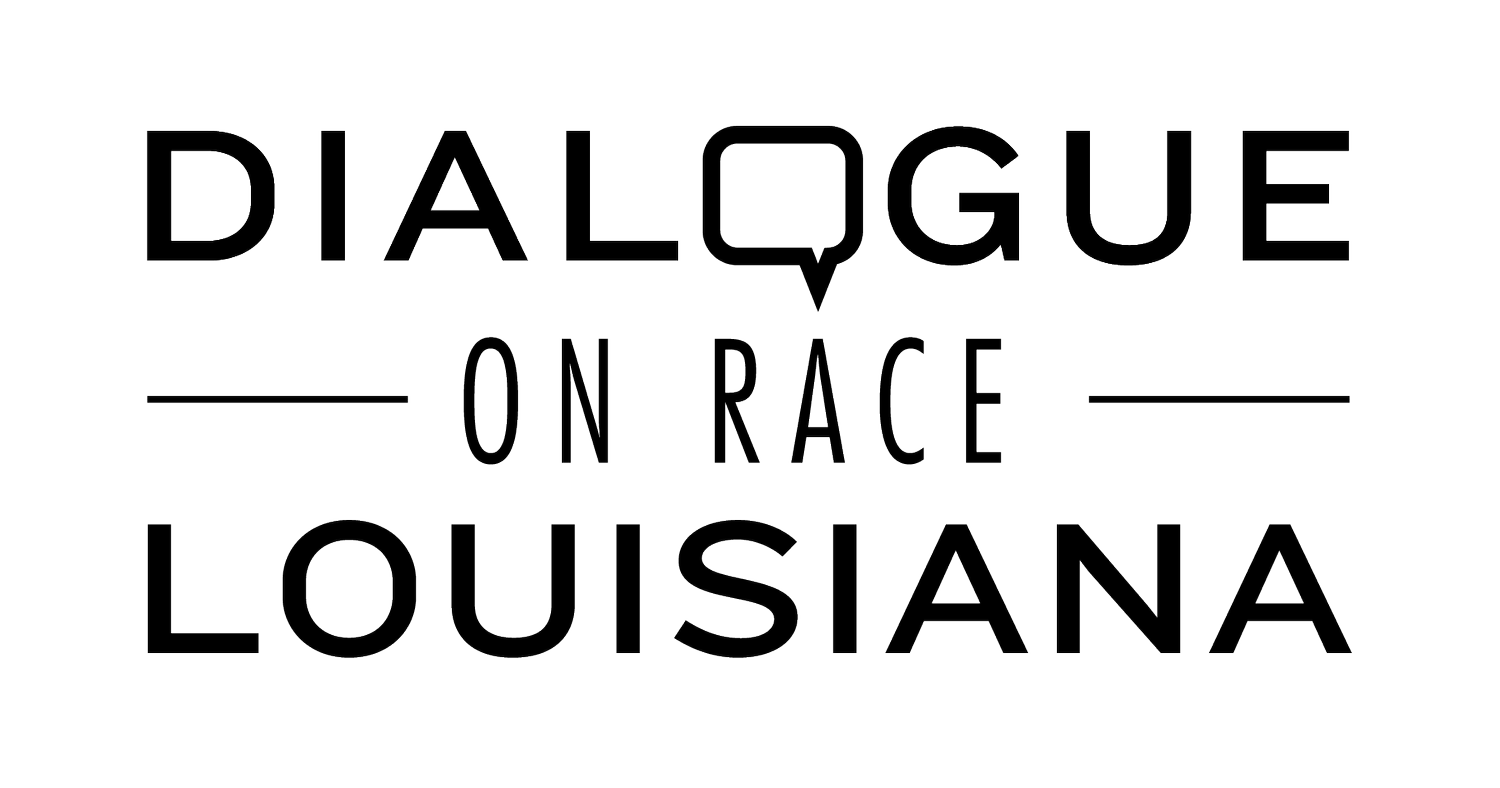Dialogue on Race Interviews -Ronnie Moore
Dialogue on Race Louisiana President and CEO Maxine Crump interviews Civil Rights icon Ronnie Moore about his time working in the movement leading up to the March on Washington.
Dialogue on Race Louisiana: What did you learn from your interview with Ronnie Moore? What stood out to you?
Maxine Crump: I learned how valuable it is to converse with someone who experienced being a part of the iconic Civil Rights movement. Hearing Mr. Moore, who was the field secretary, made it that much more meaningful. A firsthand account from so many years ago is indeed a treasure. I learned how courageous, brilliant, and visionary he was at 22 years old.
DORLA: What is the value of his story to alumni and followers of Dialogue on Race?
Maxine: Those who have participated in Dialogue on Race often come in with the image that the Civil Rights movement was far in the past and celebrated only as a historical record. Hearing firsthand from the vibrant and engaging Ronnie Moore helps bring history alive and connects his work with today’s events and unsettled issues. Those in dialogue come to see that this inherited legacy is still active today. They often come to the possibility of change and that they can be a part of bringing about change and creating a new normal.
DORLA: What makes audio interviews an effective way to share stories?
Maxine: When I was a child, I loved hearing stories, and I think all children did, and I don’t think we outgrow listening to stories. According to Neilsen's research, AM/FM radio average audience of persons 18 – 49 is now 83% compared to 59% for television audiences. According to Reddit people find audiobooks a different reading experience but equally satisfying. I think Dialogue on Race interviews are a popular offering.
Dialogue on Race Louisiana President and CEO
Dialogue on Race staff asked Maxine questions about her interview with Ronnie Moore

